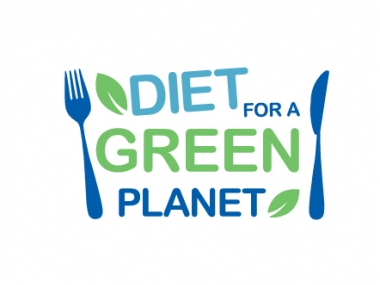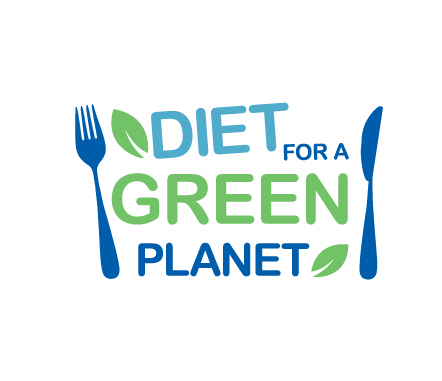Report from final bilateral meeting with Molétai
Edited on
02 April 2015In January the final bilateral meeting in Molétai took place. The aim was to follow up on the policy related work, the Roadmap for Applications and the continued transfer of Södertälje's good practice.

Analysis and conclusions
This meeting was a positive surprise! There were 40 registered Molétai participants from all walks of life at the seminar, and discussions were engaged and delivered several concrete ideas. The vice - mayor was present – not only a short time – but through the whole meeting, and concluded the meeting with some spontaneous good words.
The school lunch we had before the meeting was traditional – and had little influence yet from our work: Polished white rice is not local, not very healthy, and rice is a crop that has a significant negative impact on climate change and the piece of meat was bigger than necessary. However the reed beet salad and the bean soup fits into the concept – even though I may guess this is how it always has been done here. Possibilities of spicing and chef “tricks” to make the food tastier can also be developed. But – now, for the first time ever in Molétai, kitchen personnel were invited to participate in a competence development! The first year of the project is the time it takes for actions to even begin to reach the level where things in real life actually happens! And to reach this very first real starting point – it has taken quite a bit of effort from a group of dedicated local actors.
I think this really underlines the issue of the status problem for school kitchen personnel. Their empowerment must be the key!
It is sometimes said in Western Europe that Vilnius is the best hidden secret in Europe. I think this may go for all of Lithuania – and even more - smaller towns. The country has a very special and odd culture. It strikes me now, that the years of Soviet occupation may have built a habit to protect the culture by keeping it inside the group, and that it now is very necessary to open it up and show it in Europe. Protecting a culture by keeping it isolated is in the long run like trying to save life by conserving it.
In Lithuania we are working with the whole country rather than with only the small city. The process of DGP is in Lithuania bound to take time (my guess at least 10 years) and it must go hand in hand with opening up the treasures of Lithuanian culture to the world. The status problem with the kitchen personnel exists also in Sweden, but possibly it is even more pronounced here. It is inevitable that it will take time to build up a pride for kitchen work, and it will require a serious competence investment.
I am beginning to suspect that the EU focus on new innovations, competitiveness and ever new ideas stand in the way for a necessary long sightedness in the work with human beings. The EU progress is after all made up of individual human processes – and humans need their time to mature.
Self-government elections in Lithuania will be 1 March. There are significant changes in local-government elections. For the first time Mayors will be elected directly. No one knows what this will bring. For the project development: Will it be possible or not participating in projects? It will very much depend on the ability of the politicians that win the elections to have a broad understanding. Cash flow is a serious obstacle. Without a clear will from decision makers this obstacle will not be overcome. This meeting shows something is beginning to happen. But it is two month from project end, and to continue and follow up we will have to make new projects. And is there a will strong enough for projects?
Download the full report from the meeting (pdf) here:
 Submitted by ddworetsky on
Submitted by ddworetsky on
